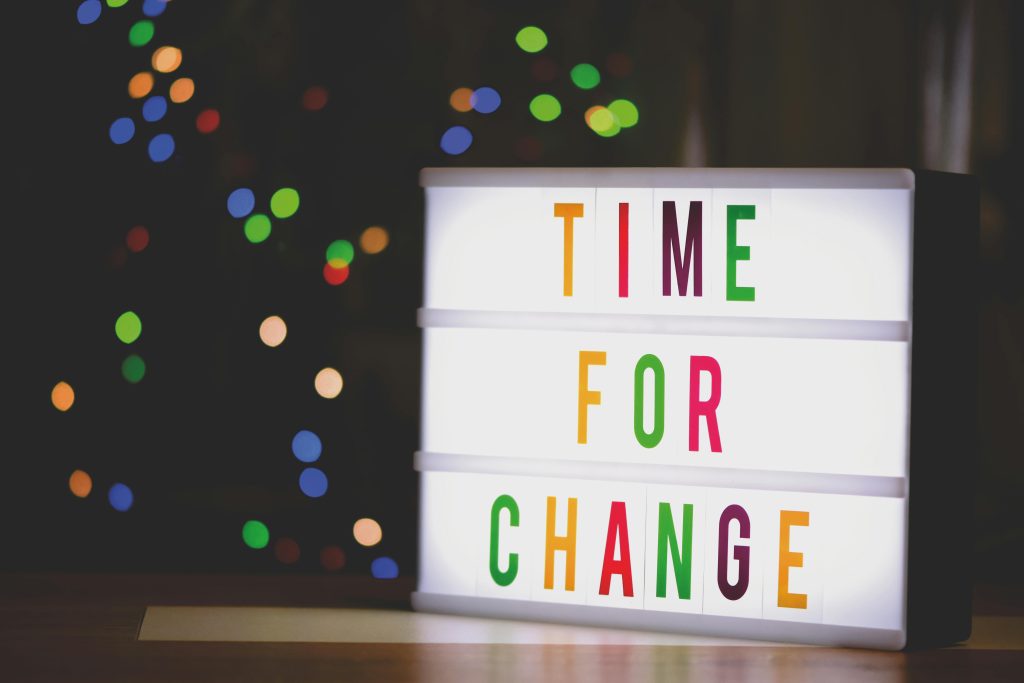A Balanced Approach to Sustainable Results
Weight loss is a journey that requires commitment, discipline, and patience. However, many people push themselves too hard, set unrealistic expectations, or fall into unhealthy practices in pursuit of quick results. Understanding your limits in weight loss is crucial for long-term success, overall well-being, and preventing setbacks like burnout or health complications. This blog post explores the importance of knowing your limits in weight loss, recognizing signs of overexertion, and adopting a balanced, sustainable approach.

The Importance of Setting Realistic Goals
One of the most significant mistakes in weight loss is setting unrealistic expectations. While it’s tempting to aim for dramatic transformations in a short time, the reality is that slow and steady weight loss is more sustainable and healthier. The Centers for Disease Control and Prevention (CDC) recommends a safe weight loss rate of 1-2 pounds per week. Rapid weight loss often leads to muscle loss, nutritional deficiencies, and an increased risk of regaining weight.
How to Set Realistic Goals:
- Define Your Motivation: Are you losing weight for health, aesthetics, or fitness? Identifying your reason will help you stay committed.
- Break It Down: Instead of saying, “I want to lose 50 pounds,” set mini-goals like, “I want to lose 5 pounds in a month.”
- Focus on Non-Scale Victories: Improvements in energy levels, endurance, or clothing fit are equally important indicators of progress.

Recognizing Physical and Mental Limits
Many people push their bodies too hard with extreme dieting or excessive workouts. Understanding your limits prevents exhaustion, injuries, and mental burnout.
Physical Limits
- Overtraining Syndrome: Excessive exercise without adequate recovery leads to fatigue, muscle soreness, and a weakened immune system. Signs include persistent soreness, trouble sleeping, and decreased performance.
- Nutrient Deficiency: Severe calorie restriction can lead to deficiencies in essential nutrients, causing hair loss, weakness, and hormonal imbalances.
- Metabolic Adaptation: Extreme diets can slow metabolism, making future weight loss harder and increasing the risk of weight regain.

Mental and Emotional Limits
- Obsessive Behavior: Constantly thinking about calories, workouts, or weight can create an unhealthy relationship with food and exercise.
- Burnout and Stress: Stressing over weight loss can lead to emotional eating or quitting altogether.
- Social Impact: Over-prioritizing weight loss at the expense of social events or relationships can lead to isolation and frustration.

Sustainable Weight Loss Strategies
Instead of extreme approaches, adopt strategies that prioritize both physical and mental health.
Balanced Nutrition
- Portion Control: Instead of cutting out food groups, focus on portion sizes and moderation.
- Macronutrient Balance: Incorporate a mix of protein, healthy fats, and complex carbohydrates to sustain energy and satiety.
- Hydration: Drinking enough water aids digestion, controls hunger, and boosts metabolism.

Exercise Smartly
- Strength Training: Builds muscle, which increases metabolism and helps long-term fat loss.
- Cardio in Moderation: Aim for 150 minutes of moderate aerobic activity per week rather than over-exercising.
- Rest and Recovery: Prioritize rest days and proper sleep to allow muscle recovery and prevent overtraining.

Mental Well-Being and Self-Care
- Mindful Eating: Pay attention to hunger cues and emotional triggers to prevent overeating.
- Stress Management: Engage in activities like meditation, journaling, or yoga to reduce stress.
- Support System: Surround yourself with people who encourage healthy habits instead of unrealistic expectations.
Recognizing When to Seek Professional Help
If you’re struggling with weight loss despite your efforts or experiencing disordered eating behaviors, seeking professional guidance can be beneficial. A registered dietitian, personal trainer, or therapist can help you develop a personalized plan that aligns with your needs and lifestyle.

Conclusion
Knowing your limits in weight loss is essential for achieving sustainable results without compromising your health. By setting realistic goals, listening to your body, and adopting a balanced approach, you can achieve lasting success. Remember, weight loss is a marathon, not a sprint. Prioritize your well-being, and the results will follow naturally.


